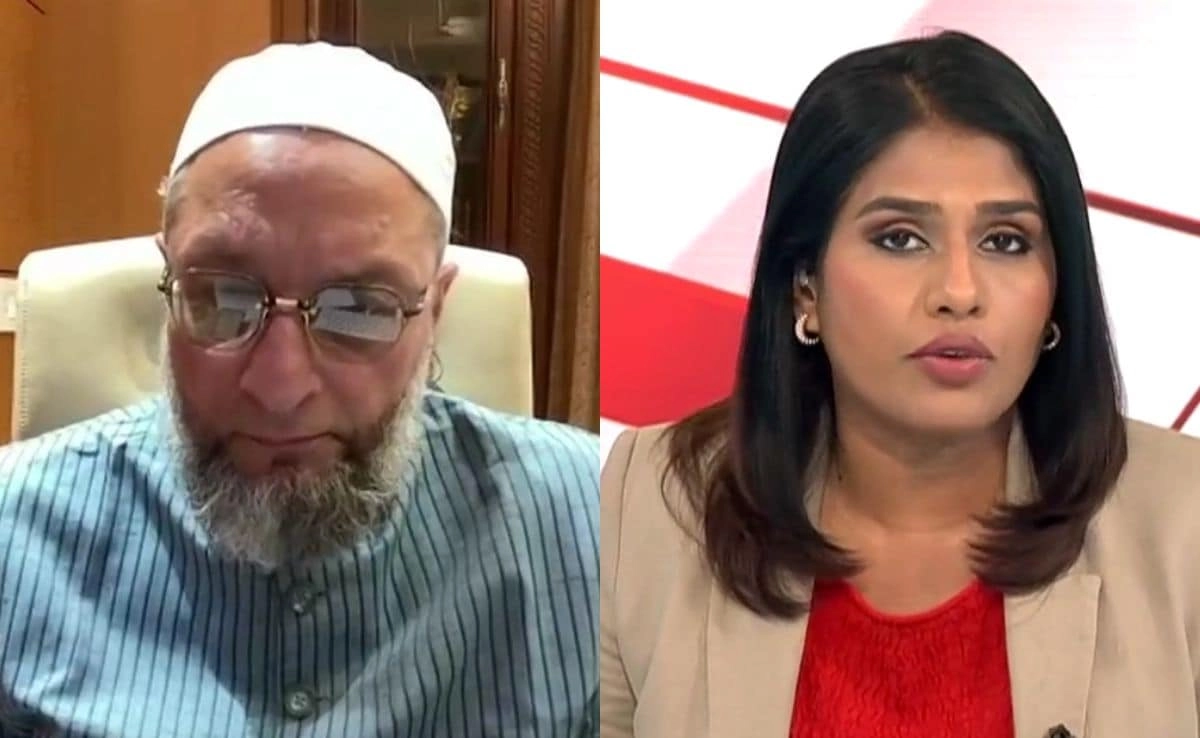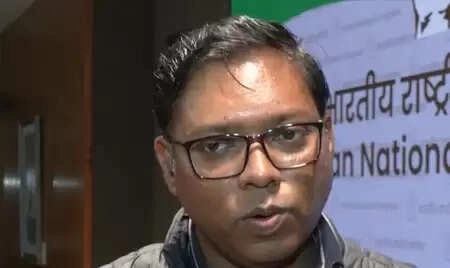AIMIM leader Asaduddin Owaisi has voiced strong opposition to the recently proposed Waqf Bill, highlighting concerns about the potential misuse of parliamentary majority to undermine the rights of Muslims. Owaisi argues that the bill could lead to the marginalization of the Muslim community and erode their rights over Waqf properties, which have significant cultural and religious importance. He emphasizes that the Waqf properties are not merely assets but hold deep historical and spiritual value for Muslims, serving as a means for community welfare and support.
Owaisi’s criticism centers around the notion that the ruling party may leverage its majority in Parliament to push through legislation that could adversely affect minority rights. He warns that such actions could lead to further disenfranchisement of Muslims and may set a dangerous precedent for the treatment of minority communities in India. His remarks resonate with concerns about the broader implications of legislative actions that do not adequately consider the voices and rights of marginalized groups.
The Waqf Bill, as proposed, has sparked intense debate among political leaders, community representatives, and civil society. Owaisi’s stance reflects a growing unease among Muslims regarding issues of representation and rights in the face of political majorities that may not fully grasp or respect the nuances of minority rights. He calls for a more inclusive dialogue that respects the contributions and rights of all communities, urging lawmakers to prioritize equity and justice over political expediency.
In light of these developments, Owaisi’s statements serve as a rallying cry for those who fear that their rights may be threatened by unilateral legislative actions. His advocacy emphasizes the need for vigilance and active participation in the democratic process to protect the interests of minority groups. As discussions around the Waqf Bill continue, it remains crucial for all stakeholders to engage in constructive dialogue that upholds the principles of justice and equality for every citizen, regardless of their religious or cultural background.




